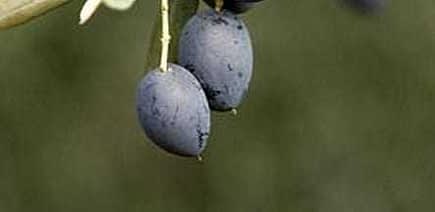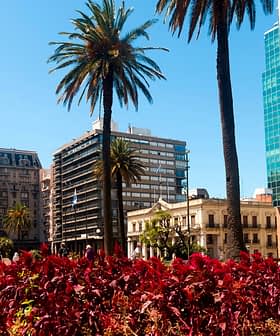
Not just science proves its exceptional properties, so do the honourable awards acknowledging research and defense of the organic sector every year. Without a doubt, organic extra virgin olive oil is healthier than conventional olive oil. Its higher polyphenol content renders it an exceptionally nourishing foodstuff.
Both are extremely beneficial for our health, nutrition and contain polyphenols (natural antioxidants found in virgin and extra virgin olive oils). However, one of them is healthier, if possible, than the other. Or at least this is the conclusion of a study conducted by a team of producers and researchers from various centres in Andalusia that attribute the supremacy, nutritionally speaking, of the organic virgin olive oil over the conventional.
There is no lack of arguments to support this because apart from offering regulated quality, the organic product is also more nutritious than the oil obtained using the conventional method. These characteristics endow this foodstuff with enormous added value, which is increasingly in demand among consumers concerned about their health.
More natural antioxidants
The findings of the research study entitled Phenol compounds with a beneficial health effect in the Extra Virgin Olive Oils made of the Picual varietal: Comparative study of organic crop versus conventional crop patently demonstrates the benefits of this olive juice necessary for a balanced diet, which uses environmentally-friendly production methods.
For the purposes of this study, researchers analysed the most widespread olive varietal in Andalusia: the Picual, specifically that of the olives cultivated on the estates of Córdoba. One of these is owned by the Instituto Andaluz de Investigación y Formación Agraria y Pesquera (Ifapa), located in the Córdoba town of Cabra, and another belongs to the Heredia Halcón family, situated in Albendín (Baena).
The examination of the agronomic and quality parameters of these virgin olive oils obtained using both conventional and organic production methods, as well as their phenol compounds, determined that the organic extra virgin is of more nutritional value than the conventional oil. This is due to the fact that the proportion of individual phenol compounds (those with most health benefits, such as hydroxytrosol, phenolic acids and flavonoids) is significantly higher in the former group rather than the latter.
Fewer secoiridoids, but more hydroxytrosol
Nonetheless, the data collected shows that conventional olive oil has a higher total polyphenol content than its organic counterpart. According to the researchers, this could be due to the fact that the conventional Picual extracted from the rainfed olive grove may contain a higher level of other phenol compounds from the secoiridoid family (oleuropeine). These, found in large quantities in virgin olive oil, have proven to have less antioxidant capacity than the biophenols studied.
Whichever the case, the study justifies the fact that the organic oil presents a high content of the most common and important polyphenol in the olive, hydroxytrosol, and its composition contains higher levels of phenolic acids and flavonoids which are renowned for their anti-tumour, cardio-tonic and anti-thrombotic properties.
Other research
The in vivo, in vitro and epidemiological studies conducted to date attribute particular importance to the phenol compounds. Bearing in mind that there is a higher concentration of these in the organic juice, other similar studies are necessary to verify whether they behave the same way in other campaigns and other olive varietals apart from those studied.
Because we must remember that organic agriculture has undergone a remarkable development all over the world and olive cultivation is no exception to this. Specifically in Spain, and particularly in Andalusia, it is already one of the main production strategies from the economic perspective.
In this sense, the olive-producing profession has initiated the transformation of its estates, seeking higher profits and, implicitly, a reduction of the negative environmental impacts. The consequence of this is that sales of organic olive oil have become a driver to increase the producer’s income.
Más información / Further information: www.caae.es
Olivarama articles also appear in Olivarama magazine and are not edited by Olive Oil Times.








